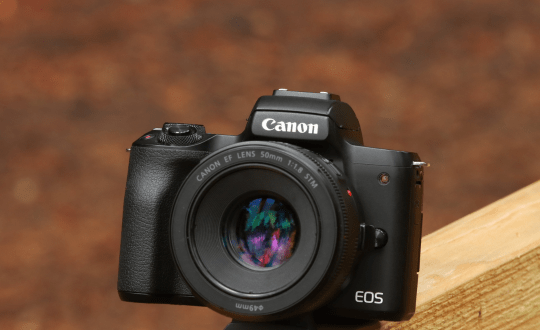This blog was written by Daniela Dawson, an NYIP Student Mentor. For over a decade, Daniela Dawson has worked globally as an event and commercial photographer. She currently runs and mentors an agency, Sister City Photography, of handpicked, ambitious photographers out of Boston with an artful and authentic style. Dawson strives to expand her artistic abilities in different forms of media, with a true love and admiration for the visual arts.
Want to be a working photographer? Studying with NYIP is a great place to start. Here are more tips on how to make money and build your career in the world of photography.
Step 1: Find your passion, find your style
The first step on your photographic adventure is to cultivate your passion for photography. Start by taking your camera with you everywhere, capturing the ordinary and the extraordinary. Treat every outing with your camera as an opportunity to grow your portfolio. Experiment with different subjects and styles, from people to places, macro to panoramic shots. What is your favorite subject matter? What kind of photography excites you?
Step 2: Get a photography education
While photography can be self-taught, a formal education can provide you with a strong foundation and open doors to various opportunities. Enrolling in a photography program or taking courses at a local photography school can introduce you to essential concepts, techniques, and the history of photography. You'll learn about composition, lighting, post-processing, and more.
Education can also connect you with fellow aspiring photographers, fostering a creative and supportive community. NYIP is a great choice, as this school allows you to learn at your own pace and have access to one-on-one mentorship and instructor critiques. The graduation certificate you obtain can be proudly showcased on your portfolio, website, or resume, letting potential clients know you are serious about your craft, setting you apart from hobbyists.
Step 3: Invest in quality gear
Investing in quality photography gear is a significant step towards professional photography. It's not about having the most expensive equipment, but rather the right tools for your preferred style. Start with a reliable camera body, and choose lenses that suit your genre, whether it's a portrait, macro, or wide-angle lens. Don't forget essentials like tripods, filters, and external flashes. Quality gear can elevate your work and provide the versatility you need to capture your vision. When shooting client work, it's always good to have back-up gear, just in case!
Read more: What Digital Camera is Best for a Beginner?
Step 4: Build your portfolio and brand
As you progress, start building your portfolio and personal brand. Showcase your best work online through a dedicated website, social media platforms, or photography-specific communities. Your portfolio is your calling card, so curate it carefully to highlight your style and strengths. You don't need to add ALL of your work to your portfolio, only your BEST work. Develop a consistent visual identity and a memorable brand that communicates your uniqueness as a photographer. Showcase what makes you and your style stand out. A good website is crucial to building legitimacy as an artist and professional, especially when running a "business" as a photographer.
Read more: 5 Places to Sell Your Photos
Step 5: Network and connect
Connect with fellow photographers, clients, and industry professionals. Don't be afraid to reach out to local photographers and offer to assist or second shoot for free, in exchange for experience. Attend photography events, workshops, and local exhibitions. Engage in online photography forums and communities. NYIP has a fantastic Student Forum where students can chat, critique, and collaborate. Networking can lead to opportunities for collaboration, mentorship, and business growth.
Read more: How to Get Started at NYIP
Becoming a professional photographer is an exciting and rewarding journey, but it's important to remember that success doesn't happen overnight. It's a process of study, dedication, continuous learning, and creative exploration. With the right blend of passion, education, gear, skill development, and a strong portfolio, you'll be well on your way to making your mark - and making money - in the captivating world of professional photography.







